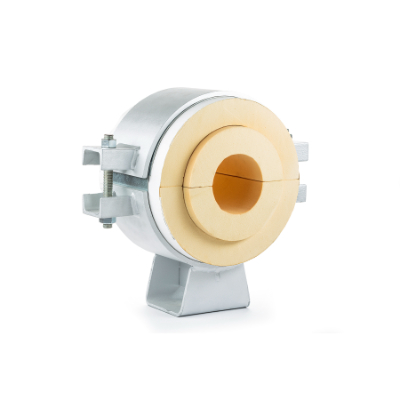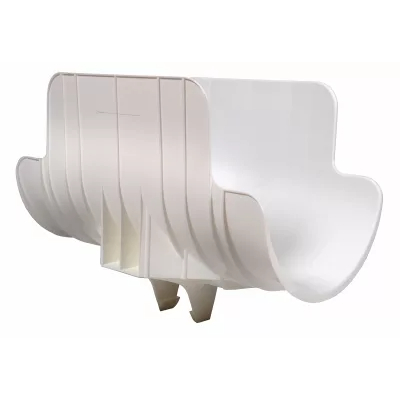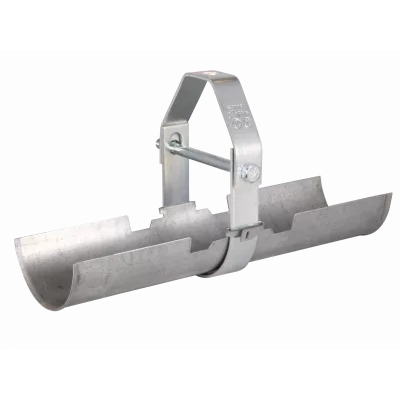Lok-Shield Insulation Protection Shields
They are made of 18 gauge galvanised steel for structural rigidity and attached to pipe hangers without pre-fabrication or tack welding processes. These units can be easily locked with bent tabs which are wrapped around the side of the clevis hanger. As a result, they hold the insulation shield tightly in place during installation.




































